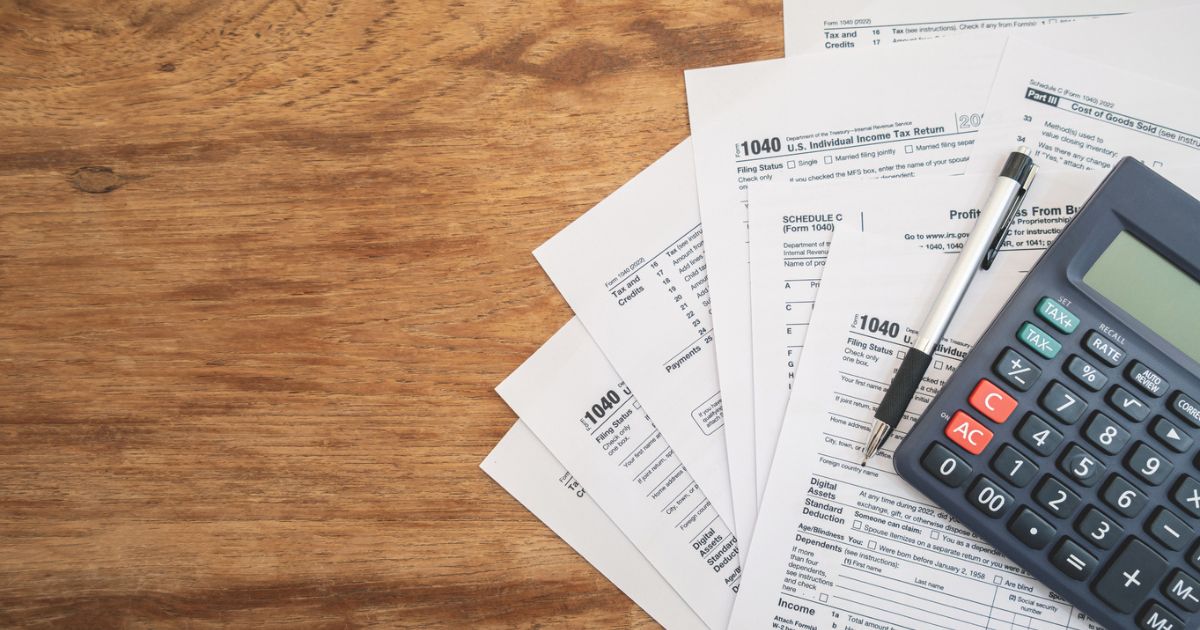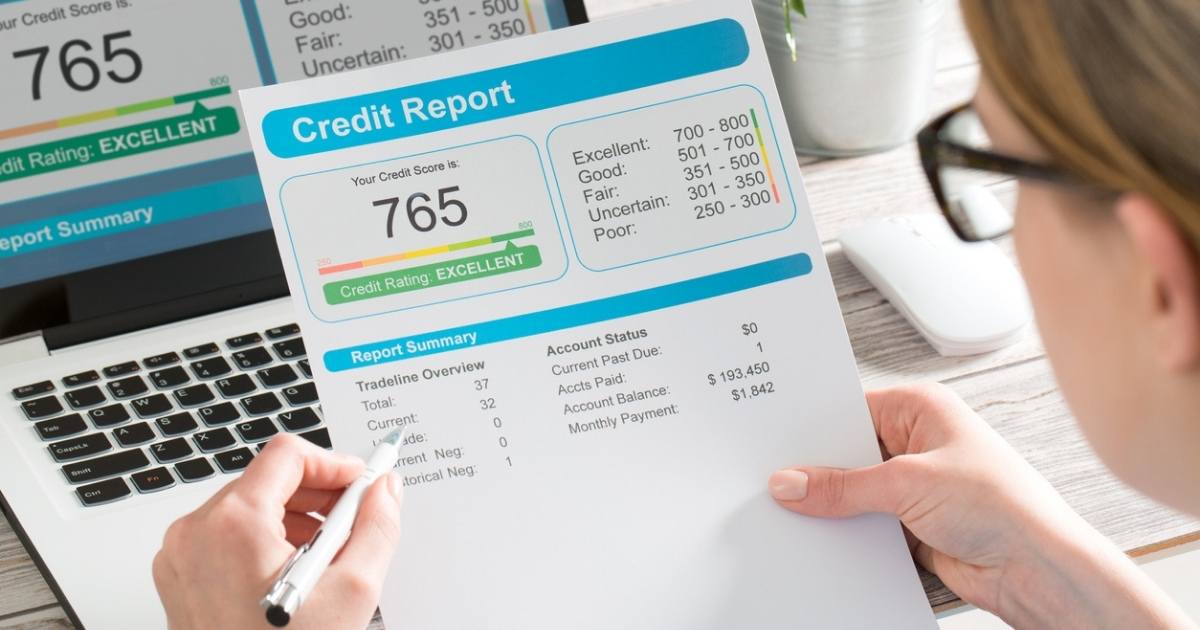Divorce can be one of the most stressful experiences of a lifetime. Whether the split is amicable or adversarial—whether you’re relieved to be going your separate ways or devastated by the loss—the process of navigating the legalities, figuring out the logistics, and divvying up your finances can make you feel as if you’re drowning in details and swimming upstream with no idea where you’ll end up.
Untangling your finances can be a messy process, but making mistakes during this vulnerable and emotionally draining period, particularly when it comes to your finances, can have long-lasting and far-reaching effects.
Going into a divorce, it’s important to understand what the financial consequences are, what you can do to prepare and protect your finances, and how your finances will be different after the divorce. Every divorce is different and all circumstances are unique; however, knowing what to expect and how to ready yourself can make a difference in setting yourself up for an easier adjustment.
Financial Consequences of Divorce
The financial consequences of divorce can be quite substantial. No matter where you fall on the economic spectrum rarely does a divorce result in little financial impact; it’s usually a game-changer.
Many people don’t fully understand the financial consequences of divorce. While money should never be the sole reason for staying together, it often becomes a source of blame and resentment. As a result, the prospect of splitting up can seem like a release valve when, in fact, it may only exacerbate financial stress. On the other hand, your finances may be the furthest thing from your mind, when this should actually be one of your primary concerns.
You will find that a divorce can affect your net worth, taxes, creditworthiness, and much more. Everything from your health, property, and auto insurance premiums, to retirement income, to housing costs, to childcare expenses, and more are likely to change, possibly dramatically.
To understand the financial consequences you’re facing, you’ll need to consider your assets, liabilities, expenses, and income.
Dividing assets, including cash savings, investment accounts, real estate, and other property is not always as simple as it may appear at first glance. Many people go in assuming they will be able to split things equally or fairly without realizing that current value versus future value and tax liabilities need to be factored into the equation. For example, a brokerage account balance and a luxury vehicle may have equal value today, but that will soon change. It’s easy to sell yourself short if you don’t properly assess your assets.
Joint liabilities or debts are not wiped away in the divorce, so you’ll need to determine how these obligations will be managed. Who will be responsible for the mortgage or the credit card debt? Even if one spouse retains the property and it makes sense for that person to pay the mortgage, the creditor doesn’t absolve the other party of the debt. If credit cards remain open while they are being paid down, will both parties retain charging privileges? Prepare to be faced with a lot of decisions.
Expenses will be impacted too. Unless you both downshift your lifestyle, in many cases, expenses will go up for both parties. Establishing two households with separate mortgages or rent, utilities, insurance policies, taxes, and more will be costly. Your income may be affected in various ways too, as you may be limited to a geographic location or need to cut your hours or duties to be more flexible and available for the kids.
How to Prepare and Protect Your Finances
Before you officially end your marriage and file for divorce, it’s important to prepare and protect your finances.
In the time leading up to the split, get organized, begin tracking your spending carefully, and make a detailed and realistic budget for your life after the divorce. You should know exactly what it will take to support your new household and lay all of the expenses on the table. Keep records of everything and start a paper trail because you will need this information both for your own benefit and for the financial disclosure statement as part of the proceedings.
Use the recent year as a guide, but don’t forget to think ahead about future expenses. If you are retaining the home, will you need a new roof or appliances within the next couple of years? If you are the primary custodial parent, will you have enough to cover extracurricular activities, braces, and cars for the kids when they are teenagers?
As soon as your marriage shows signs of ending, begin monitoring your credit closely, if you aren’t already doing so. Be on the lookout for suspicious spending or questionable financial behavior. If you can no longer trust your spouse financially, separate your funds as quickly as possible into an account that you control independently. Close or adjust your joint accounts, and update passwords, access, and beneficiary designations where appropriate.
No matter how adversarial the divorce is, do not attempt to sabotage your spouse’s finances, lock them out of accounts for control or leverage, or do anything underhanded. This can come back to haunt you in the divorce. Instead, get an attorney involved as soon as possible and learn what you should and should not do to protect yourself and your personal finances.
Finances After the Divorce
Settling into your new financial circumstances after the divorce can take time. In some cases, you may feel more financially free. Without a controlling spouse in the mix, you may have more leeway than ever; be careful to set a budget for yourself so you can enjoy your newfound freedom.
In other cases, you may find yourself stretched uncomfortably thin for the first time. Whether your spouse was the breadwinner and you suddenly need to find employment, or you were the breadwinner and child support and alimony has you strapped, it can be a difficult adjustment. Keep in mind, things will get better with time as you adapt and you find smart ways to enhance your finances.
Working with a financial advisor familiar with divorce and a suitable divorce attorney will be your best defense to set you up for success so you can come out the other side with your finances in good shape.
Kevin Stoddard is a LPL Financial Advisor with Stoddard Financial in Quincy, Massachusetts. Stoddard helps clients throughout New England to identify, plan, and execute strategies designed for securing their desired financial future. With their Financial Wellness @ Work program, they engage, educate, and empower employees by helping them to understand and appreciate the value of their benefits package.
The opinions voiced in this material are for general information only and are not intended to provide specific advice or recommendations for any individual.
This material was prepared by Crystal Marketing Solutions, LLC, and does not necessarily represent the views of the presenting party, nor their affiliates. This information has been derived from sources believed to be accurate and is intended merely for educational purposes, not as advice.

























































